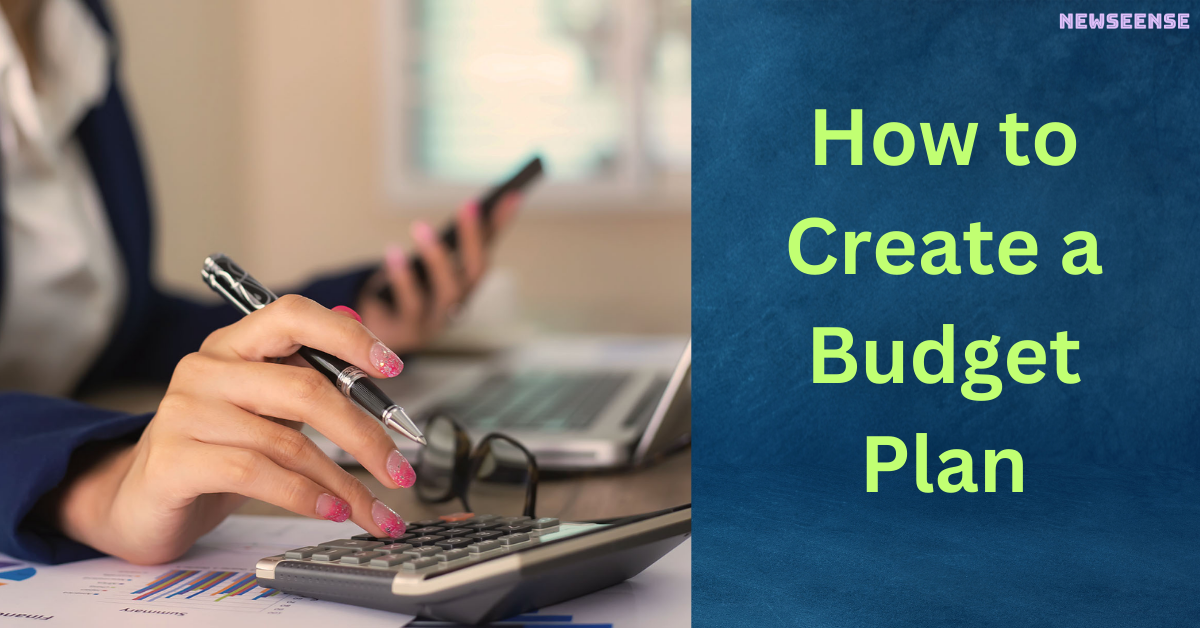
Creating a budget plan is an essential step in managing your finances. A budget plan helps you track your income and expenses, and it can help you achieve your financial goals. In this blog post, we will explore some tips and tricks to help you create a budget plan.
Table of Contents
1. Determine Your Income
The first step in creating a budget plan is to determine your income. This includes your salary, any bonuses or commissions, and any other sources of income. It’s important to be as accurate as possible when determining your income, as this will help you create a realistic budget.
2. Determine Your Expenses
The next step in creating a budget plan is to determine your expenses. This includes your fixed expenses such as rent or mortgage payments, car payments, and insurance premiums. It also includes your variable expenses such as groceries, entertainment, and travel. It’s important to be as accurate as possible when determining your expenses, as this will help you create a realistic budget.
3. Categorize Your Expenses
Once you have determined your expenses, it’s important to categorize them. This will help you see where your money is going and identify areas where you can cut back. Some common expense categories include housing, transportation, food, entertainment, and savings.
4. Set Financial Goals
Setting financial goals is an important part of creating a budget plan. Your financial goals should be specific, measurable, achievable, relevant, and time-bound. For example, you might set a goal to pay off your credit card debt within the next six months.
5. Create a Budget
Once you have determined your income, expenses, and financial goals, it’s time to create a budget. A budget is a plan that outlines your income and expenses for a specific period of time. It’s important to be as detailed as possible when creating your budget, and to include all of your income and expenses.
6. Track Your Spending
Tracking your spending is an important part of sticking to your budget. It’s important to keep track of your expenses and compare them to your budget on a regular basis. This will help you identify areas where you are overspending and make adjustments as needed.
7. Review Your Budget Regularly
Reviewing your budget regularly is an important part of staying on track. It’s important to review your budget on a regular basis and make adjustments as needed. This will help you stay on track and achieve your financial goals.
In conclusion, creating a budget plan is an essential step in managing your finances. By determining your income, expenses, and financial goals, categorizing your expenses, creating a budget, tracking your spending, and reviewing your budget regularly, you can create a budget plan that works for you. Remember to be as accurate as possible when determining your income and expenses, and to be as detailed as possible when creating your budget. By following these tips and tricks, you can achieve your financial goals and take control of your finances.
Also read: https://newseense.com/how-to-improve-your-sleep-quality/
- BJP President JP Nadda Issues Notice to Dilip Ghosh Over Controversial Remarks on Mamata Banerjee
- Ram Charan and Kiara Advani’s ‘Jaragandi’ Song from Game Changer Released
- Pre-Match Banter: Rohit Sharma’s Flying Kiss Recreation Adds Spice to MI vs SRH Clash
- Swami Smaranananda Maharaj, President of Ramakrishna Math and Ramakrishna Mission, Passes Away at 95
- Stand-up Comedian Munawar Faruqui Breaks Silence on Social Media After Mumbai Police Detention






2 Comments